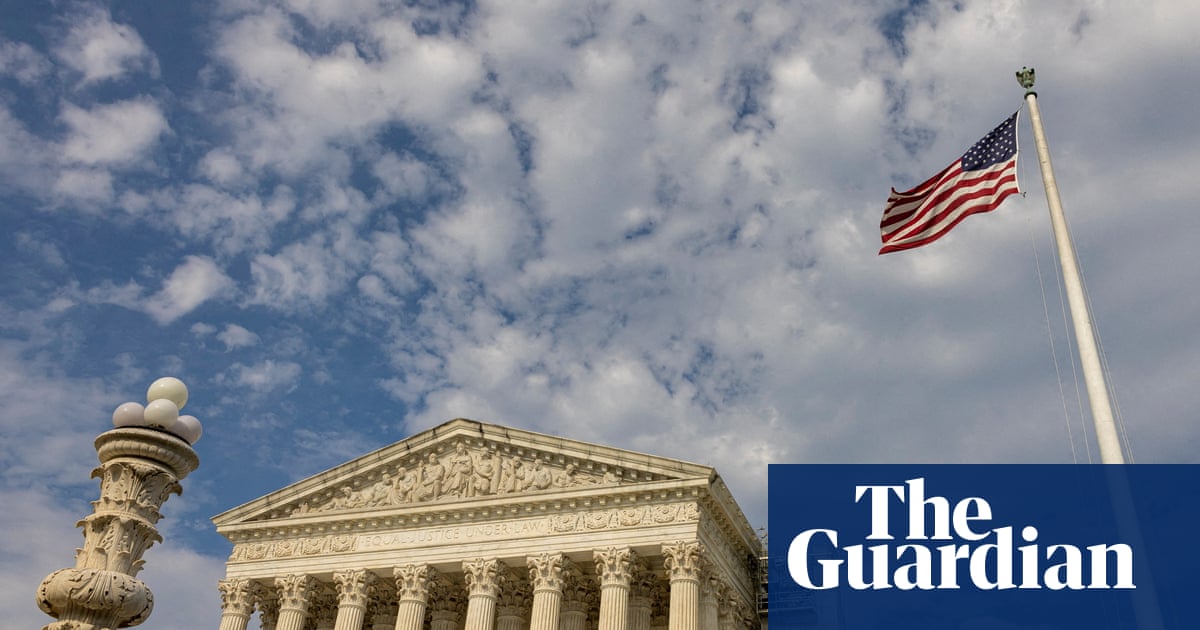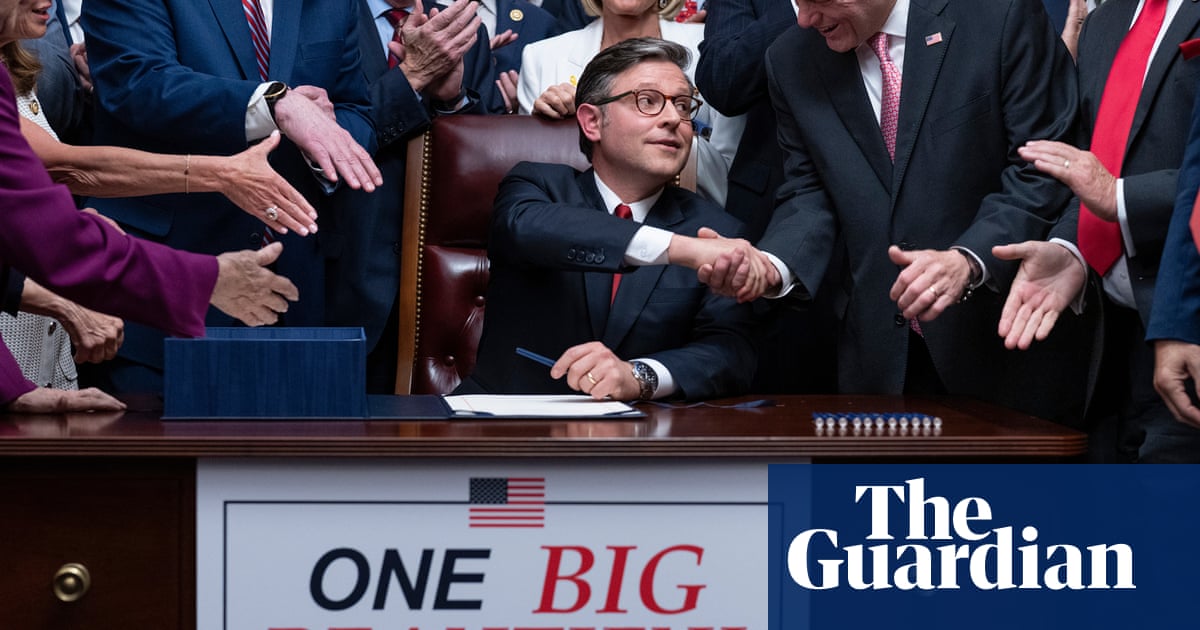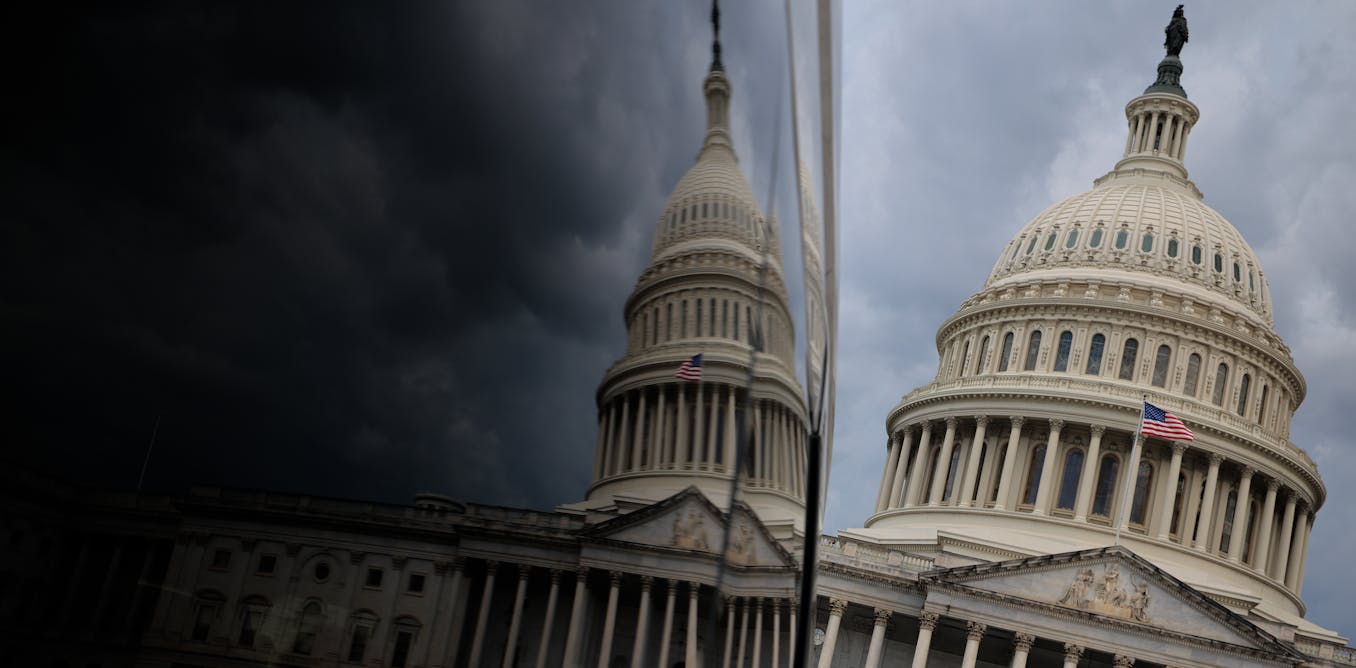WASHINGTON (AP) — The Supreme Court said Thursday it will not hear a case involving a push to revive a law that minors must have their parents’ permission for an abortion in Montana, where voters have enshrined the right to abortion in the state's constitution.
The justices rebuffed an appeal from the Republican-led state seeking to overturn a Montana Supreme Court ruling that struck down the law. The parental consent law passed in 2013 but was blocked in court and never took effect before it was invalidated last year.
Montana state leaders say that decision violated parents’ rights.
“The right that Montana seeks to vindicate here — parents’ right to know about, and participate in, their child’s medical decisions — falls well within the core of parents’ fundamental rights,” state attorneys argued in court documents.
Two conservative justices, Samuel Alito and Clarence Thomas, wrote separately to say the high court's denial to take up the case was about its technical legalities rather than rejection of the state's argument.
Planned Parenthood argued that the Montana Supreme Court decision balanced the rights of parents and of minors in a state that has protected the right to abortion. Montana's highest recognized a right to abortion before the Supreme Court overturned it nationwide, and voters also enshrined it in the Montana Constitution last year.
“Petitioners seek to use the parental right as a cudgel against a minor’s rights,” the group wrote. “The broader interests of the child must be accounted for along with parental rights.”
The law would require notarized, written consent for people younger than 18 to get an abortion. It would also allow minors to petition judges for permission, a process known as judicial bypass. Montana also has another law in place requiring parents be notified of minors’ abortions.
More than two dozen states require parents consent to abortions for minors, though the laws have also been blocked in California and New Mexico, according to data gathered by KFF, a nonprofit that researches health care issues. Twelve more states require parental notification, though three of those laws are also blocked in court.

 German (DE)
German (DE)  English (US)
English (US)  Spanish (ES)
Spanish (ES)  French (FR)
French (FR)  Hindi (IN)
Hindi (IN)  Italian (IT)
Italian (IT)  Russian (RU)
Russian (RU) 























Comments